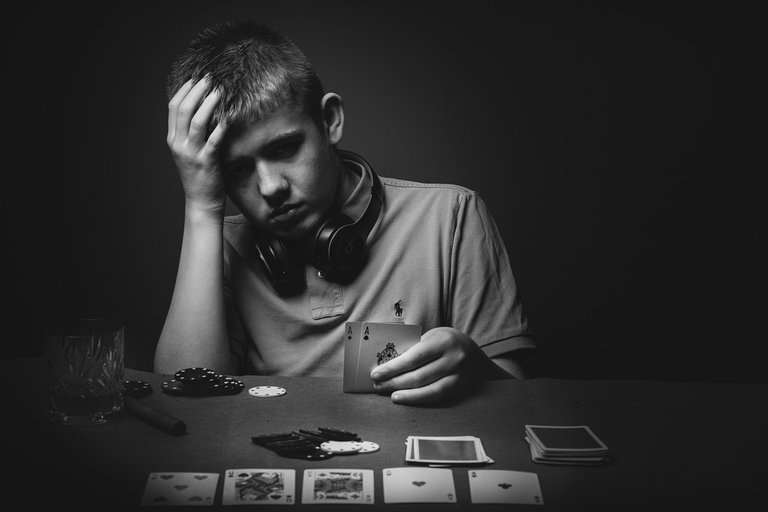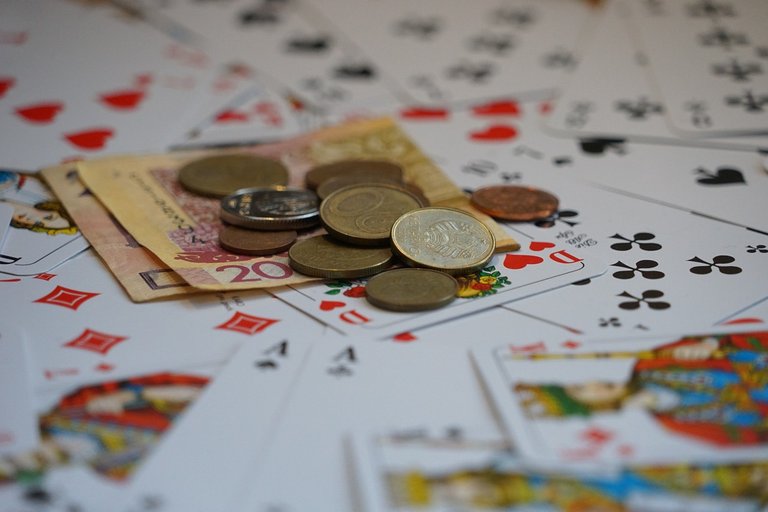pixabay
Back then, when I was in secondary school, I was among those who preached that gambling is a sin. You can't blame me; I was very churchy then, and anything that felt odd or went against certain principles of life seemed like a sin to me. But as I grew older, I realized that this lifestyle is not necessarily sinful and can be practiced by anyone. The only issue is that we focus more on real-money gambling, which has the potential to ruin one's life if not controlled. Life itself is a gamble, which is risky too because we make plans for tomorrow without certainty, or we make investments with uncertain returns. Even when we are confident of returns, life can happen and sweep everything away. Isn't that a form of gambling?
Narrowing it down to the most common form of gambling, which is staking money, I have never engaged in it, even to this day. It's not that I hate it, but I frown upon it, and I can't imagine losing my money on a regular basis. Again, you can't blame me; I have a lot of friends who gamble, and they can barely count the number of times they've won, but they wouldn't dare count the number of times they've lost. The funniest thing is that even when they win, the amount is so small that it can't compare to what they've spent on gambling. The whole situation scares me to the bone.
Most gamblers defend themselves by saying they are not chronic gamblers, but I counter that. To me, once you start borrowing money to gamble, it's already chronic. There's a common rule in both gambling and investment, which is that we shouldn't invest or gamble with what we can't afford to lose. Imagine someone borrowing money they don't have and can't afford to lose just to gamble—doesn't that already make it a chronic gambling problem?
Way back when I was in school, I had friends who would borrow money from me to place football bets. They would promise to repay me once they received money they were expecting—not from the return on the bet, but from other sources. This meant they weren't even depending on the bet's return, which might never come, to repay me. I had issues with many of them failing to keep their promises, and eventually, I had to stop lending them money.
So, in my view, a chronic gambler is not just someone who would sell their house or empty their account to gamble, but also someone who starts borrowing money long before reaching that extreme.
Nowadays, on weekends, I go out to watch matches in betting shops, and I always shake my head when I see gamblers burning their hard-earned money to stake games. Well, maybe it's paying off for some of them, but I believe the losses are always greater than the profits.
Thanks!
This is my response to CleanPlanet prompt. You can check the prompt here
@nwothini335
Posted Using InLeo Alpha
